Losatan HZ | 50 mg+12.5 mg | Tablet | 10 pcs
৳ 80.00
Brand Name: Losatan HZ
Generic: Losartan Potassium + Hydrochlorothiazide
50 mg+12.5 mg
Manufacturer: Popular Pharmaceuticals Ltd.
Unit Price: ৳ 8.00 (3 x 10: ৳ 240.00)
Strip Price: ৳ 80.00
Indications
Pharmacology
Hydrochlorothiazide is a thiazide diuretic. Thiazides affect the renal tubular mechanisms of electrolyte reabsorption, directly increasing excretion of Sodium and Chloride in approximately equivalent amounts. Indirectly, the diuretic action of Hydrochlorothiazide reduces plasma volume, with consequent increases in plasma renin activity, increases in Aldosterone secretion, increases in urinary Potassium loss, and decreases in serum Potassium. The renin-aldosterone link is mediated by angiotensin II, so co-administration of an angiotensin II receptor antagonist tends to reverse the Potassium loss associated with these diuretics.
Dosage
- The usual starting dose of this combination 50/12.5 is one tablet once daily.
- For patients who do not respond adequately to one tablet the dosage may be increased to 100/25 once daily.
- A patient whose blood pressure is not adequately controlled with Losartan 100 mg monotherapy may be switched to this combination 100/12.5 once daily.
- In hypertensive patients with left ventricular hypertrophy initial dose is 50/12.5, if additional blood pressure reduction is needed, 100/12.5 may be given, followed by 100/25 if required. The maximum dose is 100/25 once daily.
- In general, the antihypertensive effect is attained within three weeks after initiation of therapy.
- No initial dosage adjustment of 50/12.5 is necessary for elderly patients. But maximum dose of 100/25 once daily dose should not be used as initial therapy in elderly patients.
Severe Hypertension:
- The starting dose for initial treatment of severe hypertension is one tablet of 50/12.5 once daily.
- For patients who do not respond adequately to this dose after 2 to 4 weeks of therapy, the dosage may be increased to 100/25 once daily. The maximum dose is one tablet of 100/25 once daily.
Administration
Interaction
Hydrochlorothiazide: When administered concurrently, the following drugs may interact with Thiazide diuretics: alcohol, barbiturates, or narcotics-potentiation of orthostatic hypotension may occur.
Antidiabetic drugs (oral agents and Insulin): dosage adjustment of the antidiabetic drug may be required.
Other antihypertensive drugs: additive effect or potentiation.
Cholestyramine and colestipol resins: absorption of Hydrochlorothiazide is impaired in the presence of anionic exchange resins
Contraindications
Side Effects
Pregnancy & Lactation
Precautions & Warnings
- Hypersensitivity: Angiooedema
- Periodic determination of serum electrolytes to detect possible electrolyte imbalance should be performed at appropriate intervals
- Hypokalemia may rarely develop, especially with brisk diuresis, when severe cirrhosis is present, or after prolonged therapy
- Impaired renal function and
- Symptomatic hypotension
Use in Special Populations
Use in Patients with Hepatic Impairment: The combination of Losartan and Hydrochlorothiazide is not recommended for titration in patients with hepatic impairment because the appropriate 25 mg starting dose of Losartan cannot be given.
Use in pediatric patients: The safety and effectiveness in pediatric patients have not been established.
Overdose Effects
Hydrochlorothiazide: The most common signs and symptoms observed are those caused by electrolyte depletion (hypokalemia, hypochloremia, and dehydration resulting from excessive diuresis. If digitalis has also been administered, hypokalemia, may accentuate cardiac arrhythmias. The degree to which Hydrochlorothiazide is removed by hemodialysis has not been established.
Therapeutic Class
Storage Conditions
Only logged in customers who have purchased this product may leave a review.



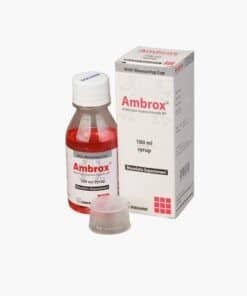
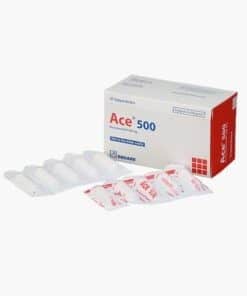
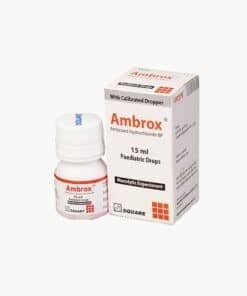
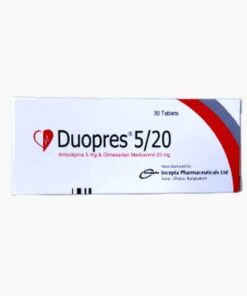
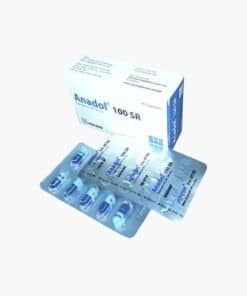
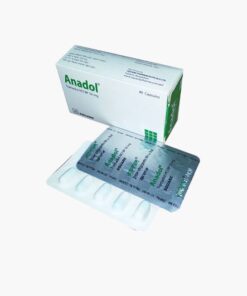
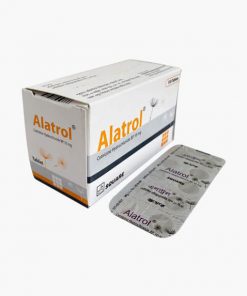
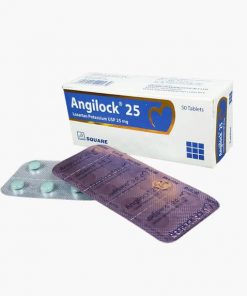
Reviews
There are no reviews yet.